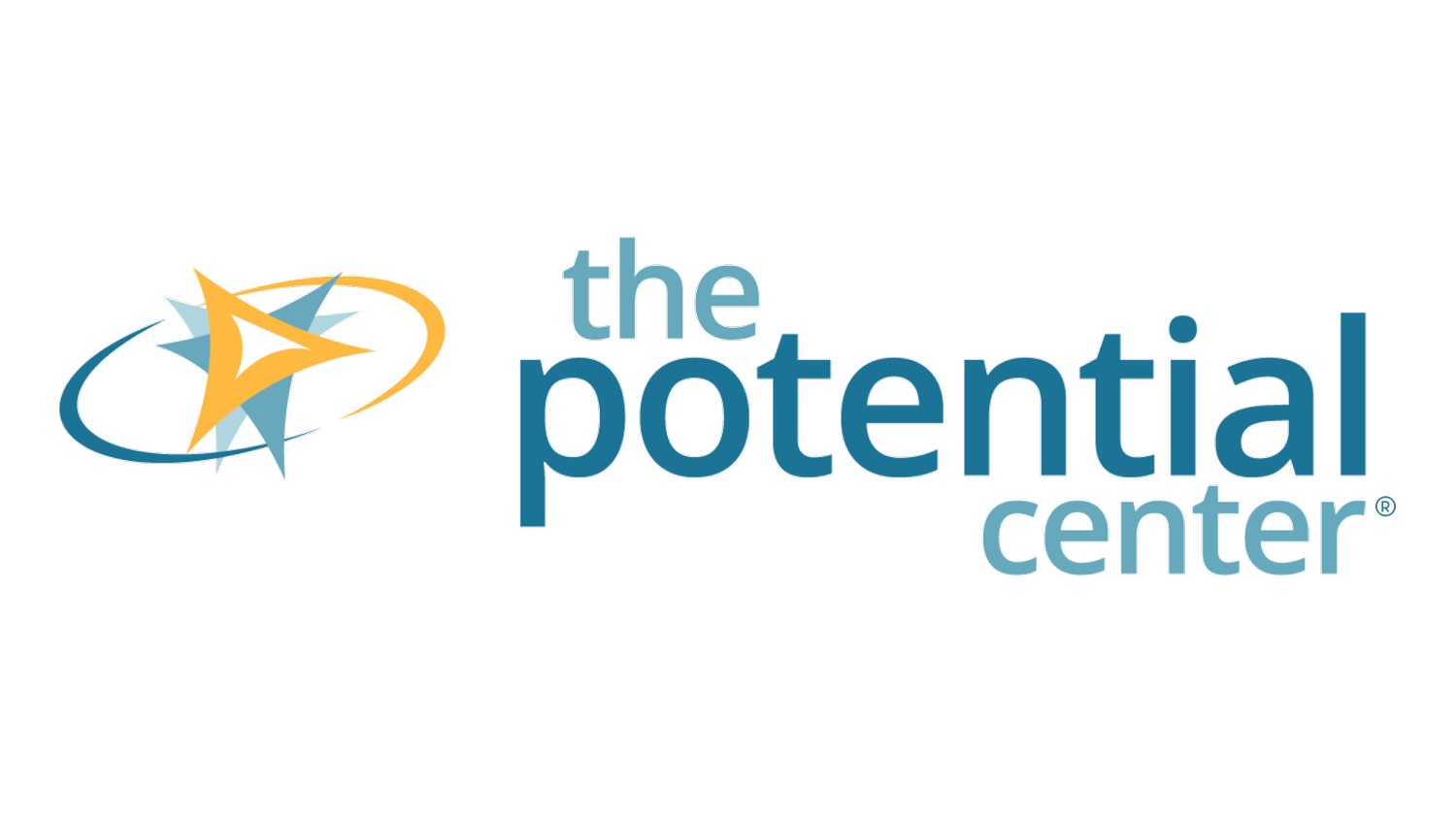Leaders: Does the word “change” scare you?
Photo by Andrea Piacquadio for pexels
Does the word “change” scare you? As in, “We’re changing the way the organization is structured.” Or “We’re going to change the way we do things around here.”
Change is the third thing in life that we can count on, after death and taxes. Isn’t it about time we find a way to respond to that word in a way that is less traumatic?
The heebeegeebees
Why does the word “change” fill us with the heebeegeebees? It’s because your brain is wired to resist change.
Your brain likes certainty; this comes from our basic instinct to survive. To help your brain perform faster, it creates shortcuts. These shortcuts enable you to process familiar situations quickly which leads to feeling certain. The downside is that shortcuts cause you to become so familiar with how you do something that you become resistant to change.
Secondly, because change disrupts certainty, it can be experienced by our primitive brain as a threat - the demands created by the change are too taxing and therefore beyond your limits or ability to cope. Thoughts like “I can’t do that” go through your mind, causing you to feel stuck in the current situation without an apparent solution. Can you recall a time when you had this thought? Maybe it was learning to swim, writing a proposal or report for the first time, or working with a new group of people.
If you manage a team, bear this neurological resistance in mind (pun intended!) when a major change is announced at work. It’s not unusual for people to feel especially nervous and uncertain in response to the news. The threat they’re feeling may be expressed as fear that they may not have a job any more or that their responsibilities will change in a way that no longer interests them.
Here’s the answer
Use the word “adapt” instead.
Adapting implies taking small, sequential steps rather than one gigantic leap. How do you eat an elephant? One bite at a time.
Think about how these sound: “We’re going to adapt the way our organization is structured so it better supports how we provide our services and reduces the wait time for clients.” Or “We’re going to adapt the way we’re working to make better use of staff time and reduce the amount of overwhelm people are feeling.”
You can do two things to help your people adapt.
One is coaching. Coach your team to view change as unique learning and business development opportunities. Instead of overly mourning what is being lost as a result of change, if you help your team embrace the opportunities that come with change and take control of your destiny – including reinventing how you work as a team – you stand to make impressive gains.
The other is through collaborative and creative problem-solving. Working collaboratively to creatively address issues arising from change is a powerful way to bring people together and reduce isolation.
Here’s an example of how you can use creative problem-solving as a way to positively meet the opportunities that come with change:
Case study
When I was working at a large international nonprofit, a reorganization was announced. My manager was dissatisfied with the change and left. I was promoted to interim manager of a team of ten, never having been a manager before.
Regardless of the internal changes that were coming, we still had targets to meet. My way of supporting the team was to lay down the challenge of coming up with a new fundraising event. We determined the target audience and I led a couple of brainstorming sessions.
The result was an innovative team-building event for corporate supporters that was also educational – it highlighted the physical and mental challenges that poor people in developing countries deal with every day. The event was a huge success – it generated a significant amount of revenue as well as PR – and had an ongoing positive effect on the team.
Are you worried about change?
If you’re worried about how change could affect your team’s morale, book a free consult to learn more about how our coaching could help.
“Ellia is not only professional and a great listener; she is empathetic and creative. Through follow-up emails I was also reflecting and growing regularly in between sessions, which makes her a great coach.”

